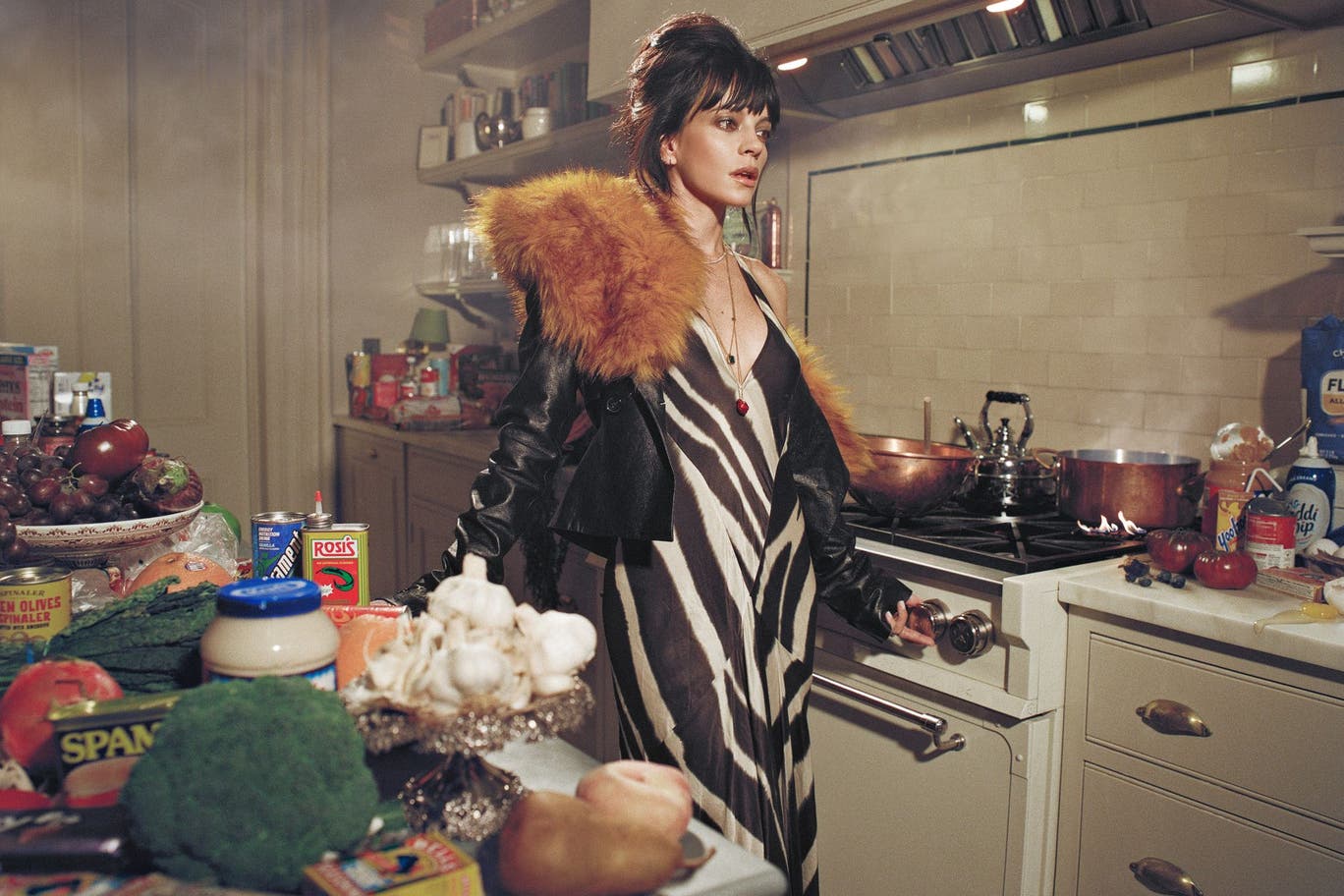
When I think of great break-up albums, the one that stands out to me is Björk's Vulnicura - a highly meditative and organic excavation into the breakdown of her own marriage, spanning the full breadth of the emotional spectrum from tenderness to despair. While West End Girl certainly exudes similar range, and is arguably every bit as dextrous in expressing specific, subtly divergent micro-feelings (although with less inner confidence it seems), it is actually Björk's fourth album, Vespertine, that I can draw the most comparison with*. This is due to the shared utilisation of small-scale electronic beats and intricate mixing to create a quietly complex yet unostentatious sound, and an overarching lyrical theme of family and everyday home-life that Björk has previously labelled 'domestic'. In West End Girl, Allen is constantly referencing her kids and struggling to work out how to filter her marital situation for them, and which of her family unit is currently at or away from home - it doesn't get any more domestic than this. The household setting becomes the headspace for the dilemmas and musings at the root of her anguish, serving to further amplify her pain because of how trapped within these boundaries the lyrics are. Even in tracks like Dallas Major, where she's clearly trying to move past them, she's ultimately subdued by those oppressive walls and incapable of escaping.
*I still plan to review both Vulnicura and Vespertine at a later date. Indeed, one of my objectives in starting this blog was to finally settle my preference between Vespertine and Homogenic. Spoiler: initial rankings of Vespertine don't exactly make this conclusive.
- Sleepwalking
- Madeline
- Pussy Palace
- Dallas Major
- 4chan Stan
- Fruityloop
- Just Enough
- Ruminating
- Tennis
- Relapse
- Nonmonogamummy
- Let You W/In
- West End Girl
- Beg For Me
Average Score: 6.43
Even though I've messed around with the exact placements of these songs incessantly, I always end up with a similar balance of colour distribution and a score with only one point or so difference. This tells me that the strength of this record is in the way the tracks come together to paint the overall pastiche, and not necessarily within the individual tracks. The lack of blue corroborates this - there is no standout, and I think this is largely owing to the small-scale, domiciliary approach that Allen has taken in portraying her divorce. There is very little in the way of sensationalism within the lyrics, and the sound suits this decision. Separately, the songs only say a fragment at a time, but those individual components come together to make, to reference Björk one more time, an army of Lily, that presents a unified front and wins you over in numbers.
The album's overall sound is so chilled out that if you took the vocals away, it would sound like a lo-fi playlist presented in high fidelity. When you listen with headphones, the soundscape is cocooning and comforting, with ambient beats, swelling, woozy-sounding synthesiser fills and the softest of pizzicato strings building up a safe environment for Allen's vulnerable storytelling. Pussy Palace and Relapse epitomise this vibe, the latter reminding me of some of the softer moments I gave a somewhat harsher critique to in Sheezus but, here, succeeding due to the immersive nature of the record. Occasionally, a more acoustic approach is taken; Just Enough is especially delicate thanks to this, while the chord sequence and fingertipped guitar in Let You W/In evoke the theme from Brokeback Mountain, the connection inherently carrying with it a similar degree of emotional weight and an air of reluctant resolve.
After much debate, I settled on placing the title track and Beg For Me at the bottom. Though the song West End Girl contains the crucial, tangibly awkward and damning 'phone call' where the realisation sets in for both Allen and the listener, the song until that point is admittedly a bit plain and one-dimensional. Beg For Me is one of the severer sounding tracks, the pizzicato coming across much more hostile alongside the frosty sampling of Lumidee's Never Leave You - this track would certainly be a missing puzzle piece if it were absent, but its less exploratory and anecdotal format gives it more of a cookie-cutter materialisation compared to the rest of the album. The most difficult song to score was Ruminating, which could be placed first just as easily as last, depending on what aspect of the song most compels me at the time. As it goes, I've averaged it out at dead centre, weighing its whirlwind stream-of-consciousness highs against its generic, bludgeoned-over-the-head-with-autotune lows. It is an aural assault, but in the best way possible, considering that it possesses pretty much every trait I despise in modern pop music.


No comments:
Post a Comment